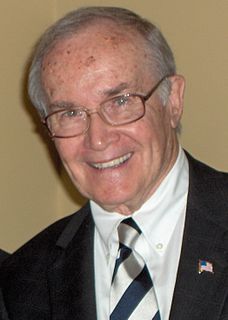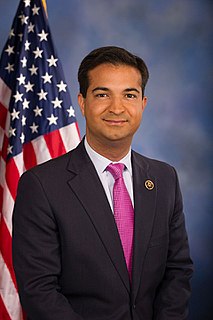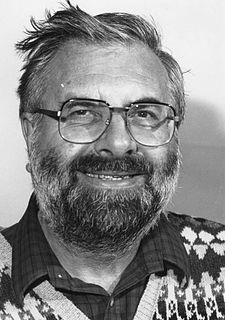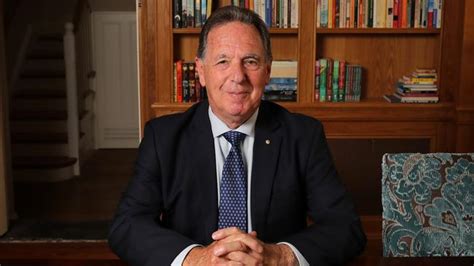A Quote by Terry Tempest Williams
In Utah alone, ten million acres are open for business. Their policy is not about the public or the public's best interest. It is about the oil and gas corporations' best interests.
Related Quotes
My heart breaks living in southern Utah on the edge of America's Redrock Wilderness, witnessing what the Bush Administration's policies regarding oil and gas exploitation are doing to our public lands that belong to all Americans. Their policy is not about the public or the public's best interest. It is about the oil and gas corporations' best interests. The Secretary of the Interior is urging the Bureau of Land Management to support the gas and oil industry's most extreme drilling scenario in some of the American West's most pristine and fragile areas without proper legal and public input.
Once a term like "open source" entered our vocabulary, one could recast the whole public policy calculus in very different terms, so that instead of discussing the public interest, we are discussing the interests of individual software developers, while claiming that this is a discussion about "innovation" and "progress," not "accountability" or "security."
... between government, business, and the public, there is a triangular community of interest. Clearly, it is in business' interest to shape its behavior to prevailing public values; it is more efficient to do so than not to do so. It is also clear that government is the high-cost alternative through which public values are imposed on corporations that do not accurately perceive these values.
Since there is no such entity as 'the public,' since the public is merely a number of individuals, the idea that 'the public interest' supersedes private interests and rights can have but one meaning: that the interests and rights of some individuals take precedence over the interests and rights of others.
The Open Market Committee, as presently established, is plainly not in the public interest. This committee must be operated by purely public servants, representatives of the people as a whole and not any single interest group. The Open Market Committee should be abolished, and its powers transferred to the Federal Reserve Board - the present public members of the committee, with reasonably short terms of office.
Now it is worth noticing two things about the private substitutes that I have described. The first is that in the aggregate they are probably much more expensive than would be the implementation of the appropriate public policy. The second is that they are extremely poor replacements for the missing outcomes of good public policy. Nevertheless, it is plain that the members of a society can become so alienated from one another, so mistrustful of any form of collective action, that they prefer to go it alone.
To attach full confidence to an institution of this nature, it appears to be an essential ingredient in its structure, that it shall be under private and not a public direction-under the guidance of individual interest, not of public policy; which, would be . . . liable to being too much influenced by public necessity.


































